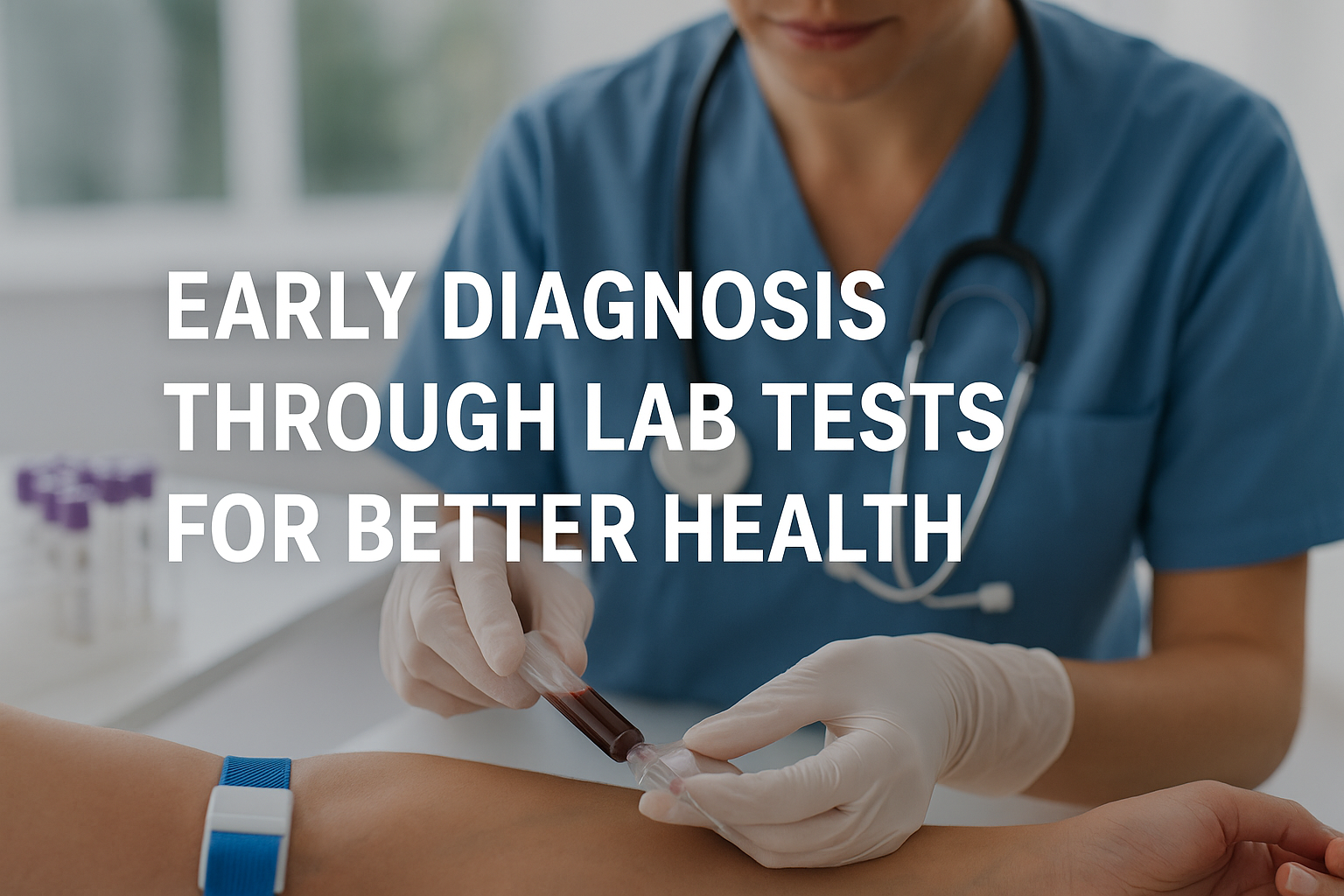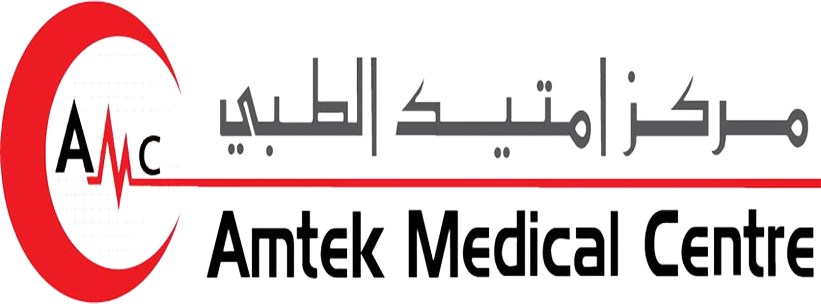
-
Posted By admin
-
-
Comments 0
Preventive Healthcare: The Power of Early Diagnosis Through Lab Tests
Many individuals overlook the value of early diagnosis through lab tests. However, timely testing can detect potential health issues before symptoms even appear allowing patients and doctors to act fast, prevent complications, and improve outcomes. Access to preventive healthcare has never been easier or more critical.
What Is Preventive Healthcare?
Preventive healthcare focuses on avoiding diseases before they start. It includes:
- Regular check-ups
- Lab screenings
- Vaccinations
- Lifestyle guidance
Unlike reactive healthcare, which treats illness after symptoms appear, preventive care aims to identify risks early, intervene quickly, and promote long-term health.
The Role of Lab Tests in Preventive Healthcare
Lab tests play a crucial role in early diagnosis by:
- Uncovering hidden infections
- Detecting deficiencies (iron, vitamins, etc.)
- Identifying chronic conditions early (e.g., diabetes, hypertension)
- Monitoring organ function (kidney, liver, heart)
“The earlier a condition is diagnosed, the better the treatment outcomes.” — World Health Organization (WHO)
Why Early Diagnosis Through Lab Tests Matters
The power of early diagnosis through lab tests lies in its ability to save lives and reduce treatment costs. Here’s how it benefits patients:
Benefit | Explanation |
Faster Recovery | Early-stage illnesses respond better to treatment |
Lower Healthcare Costs | Treatment is cheaper before complications arise |
Better Quality of Life | Patients stay healthier, longer |
Reduced Hospital Visits | Prevention decreases hospitalization risks |
Increased Lifespan | Early intervention boosts survival rates |
Examples of Common Lab Tests for Early Detection
1. Complete Blood Count (CBC)
Checks for anemia, infections, and more.
2. Lipid Profile
Detects cholesterol abnormalities—essential in preventing heart disease.
3. Blood Sugar Test (HbA1c)
Identifies early signs of pre-diabetes or diabetes.
4. Liver Function Test
Reveals liver issues before symptoms emerge.
5. Kidney Function Test
Monitors waste filtration efficiency.
Local Access to Lab Testing in Ajman
Residents of Ajman and nearby areas have access to modern clinics offering General health blood screening Ajman services. These screenings include a wide range of routine and advanced tests tailored to individual health needs, supporting early detection strategies effectively.
Key Takeaways
- Early diagnosis through lab tests enhances recovery chances
- It reduces long-term healthcare expenses
- Accessible and routine testing leads to a healthier population
- Individuals in Ajman and Dubai can easily avail preventive lab services
- Annual screenings should be a part of everyone’s health plan
Stats that Support Early Testing
According to the CDC (Centers for Disease Control and Prevention):
“Chronic diseases account for 7 of the top 10 causes of death, but early screening can prevent or manage them effectively.”
🔗 Source
Additionally, a UAE-based study published in the Emirates Medical Journal highlights:
- Early testing in 42% of diabetes cases helped avoid long-term complications
- 60% of patients with heart risk factors benefited from early lipid screening
How Often Should You Get Tested?
Health Condition | Recommended Frequency |
General Health Check | Every 12 months |
Blood Sugar Levels | Every 6–12 months |
Cholesterol Levels | Every 1–2 years |
Thyroid Function | Annually if symptomatic |
Vitamin D, Iron | Once per year or as advised |
Final Thoughts
Your health is your most valuable asset. By embracing early diagnosis through lab tests, you empower yourself to make informed decisions and take control before illness takes root. Whether you’re in Ajman, Dubai, or anywhere in the UAE, preventive healthcare can be your strongest ally.
FAQs
1. Why is early diagnosis through lab tests important?
It allows doctors to detect diseases before symptoms appear, improving treatment outcomes and reducing long-term health costs.
2. What are the most common preventive lab tests?
Common tests include CBC, blood sugar, lipid profile, liver and kidney function tests, and vitamin level assessments.
3. How often should I get a general health screening?
Experts recommend at least once a year, or more frequently if you have chronic health risks or family history.
4. Can lab tests detect diseases even if I feel healthy?
Yes. Many conditions like high cholesterol, anemia, or early-stage diabetes show no symptoms initially but can be detected through tests.
5. Where can I get general health blood screening in Ajman?
Several clinics in Ajman offer General health blood screening Ajman, with comprehensive packages designed for early detection and ongoing health monitoring.


